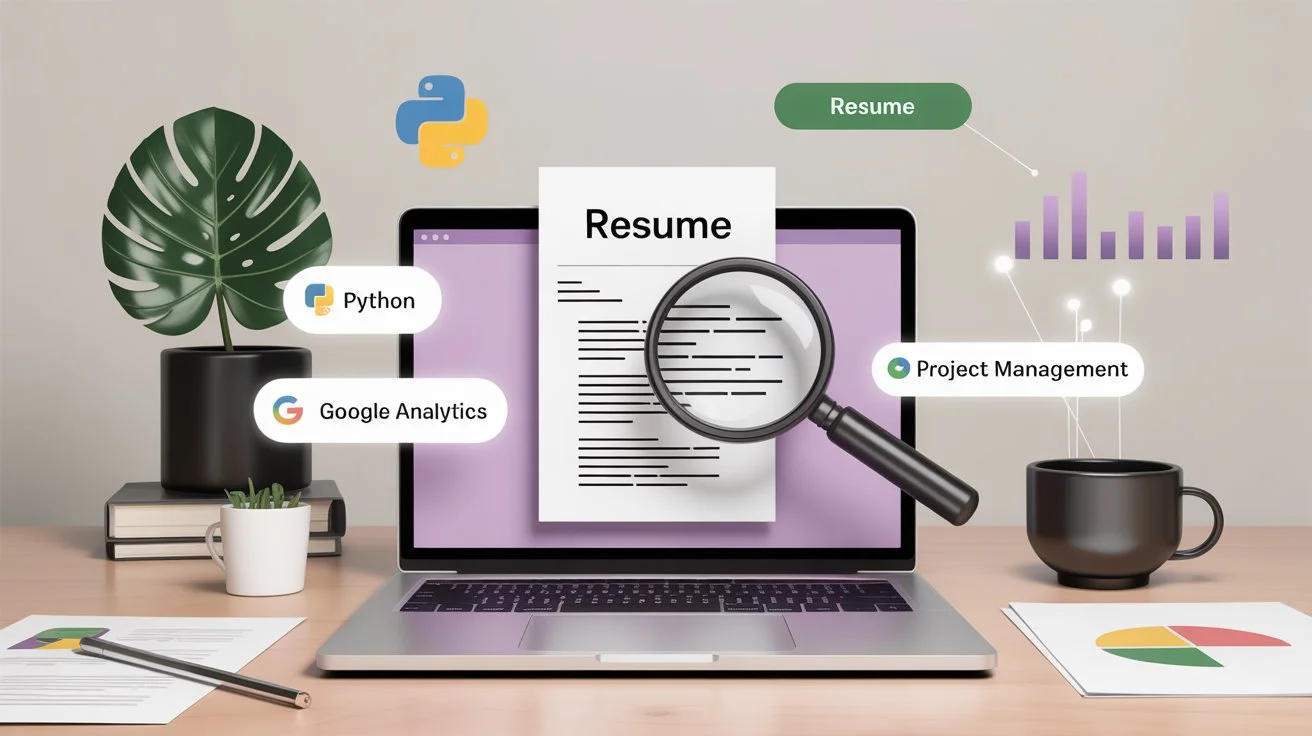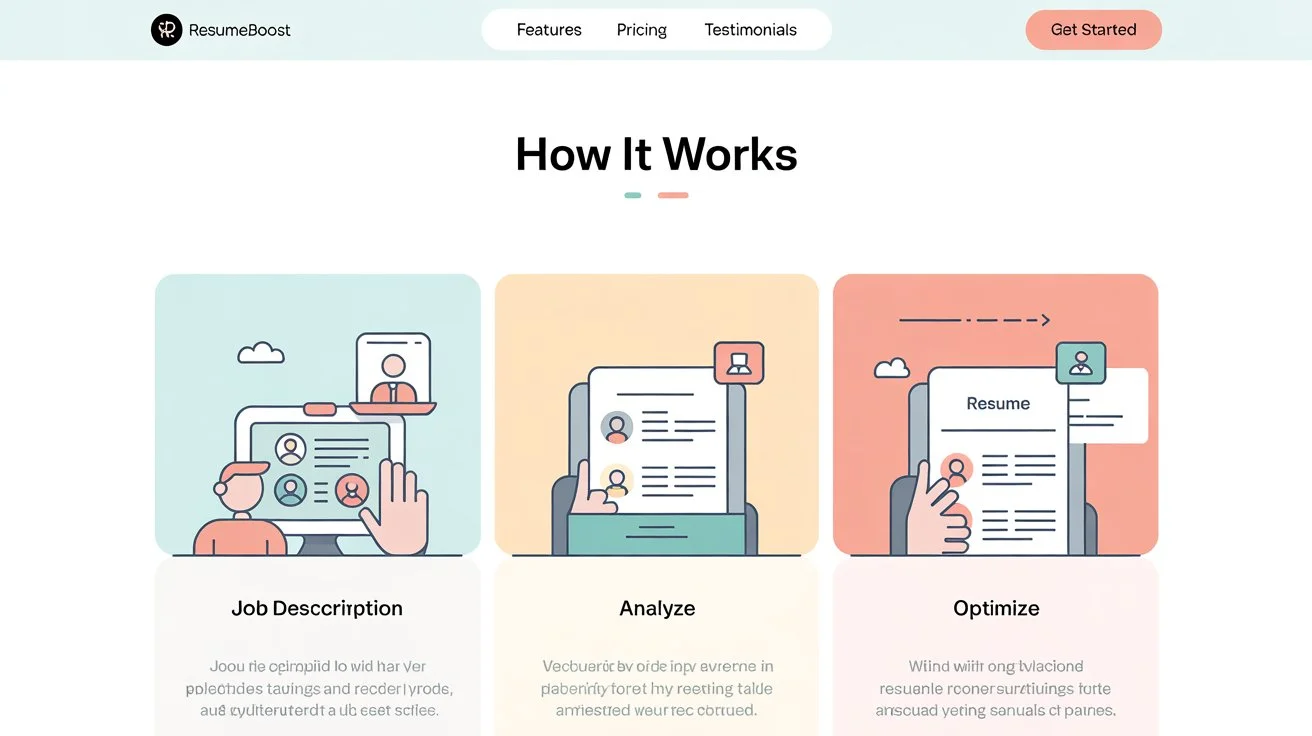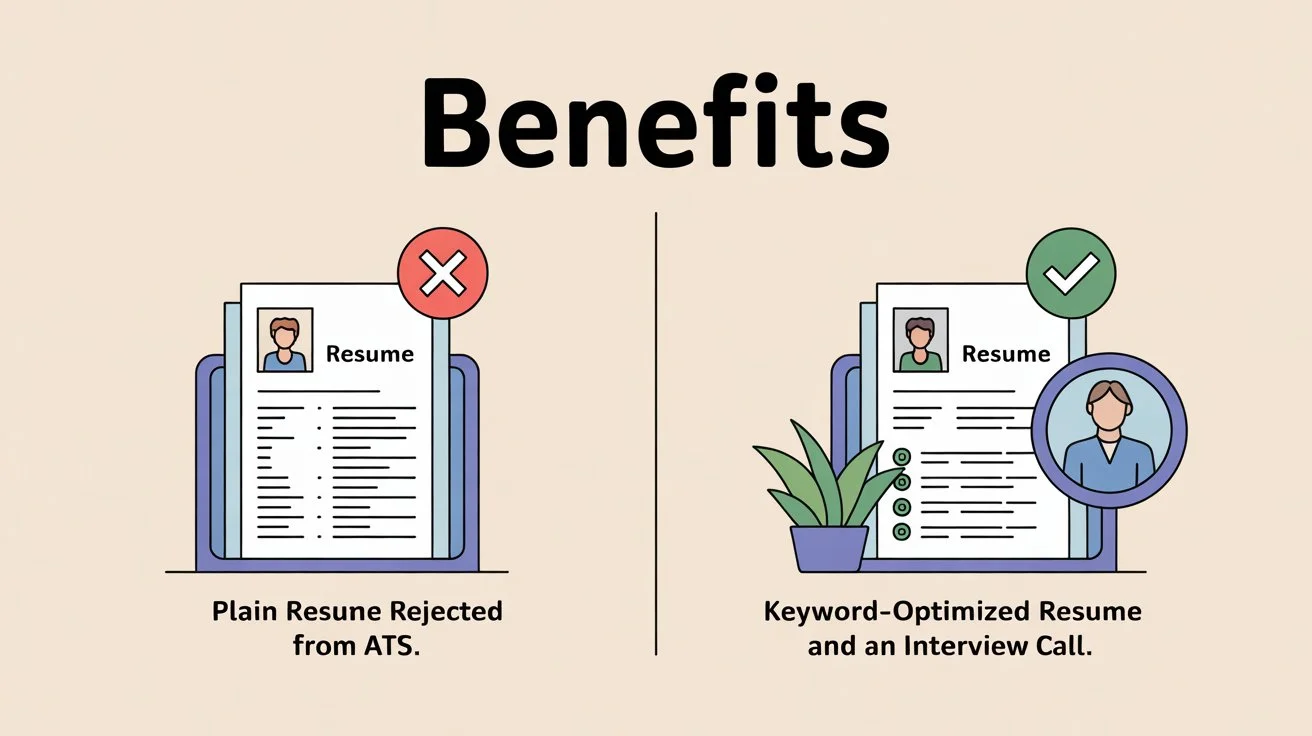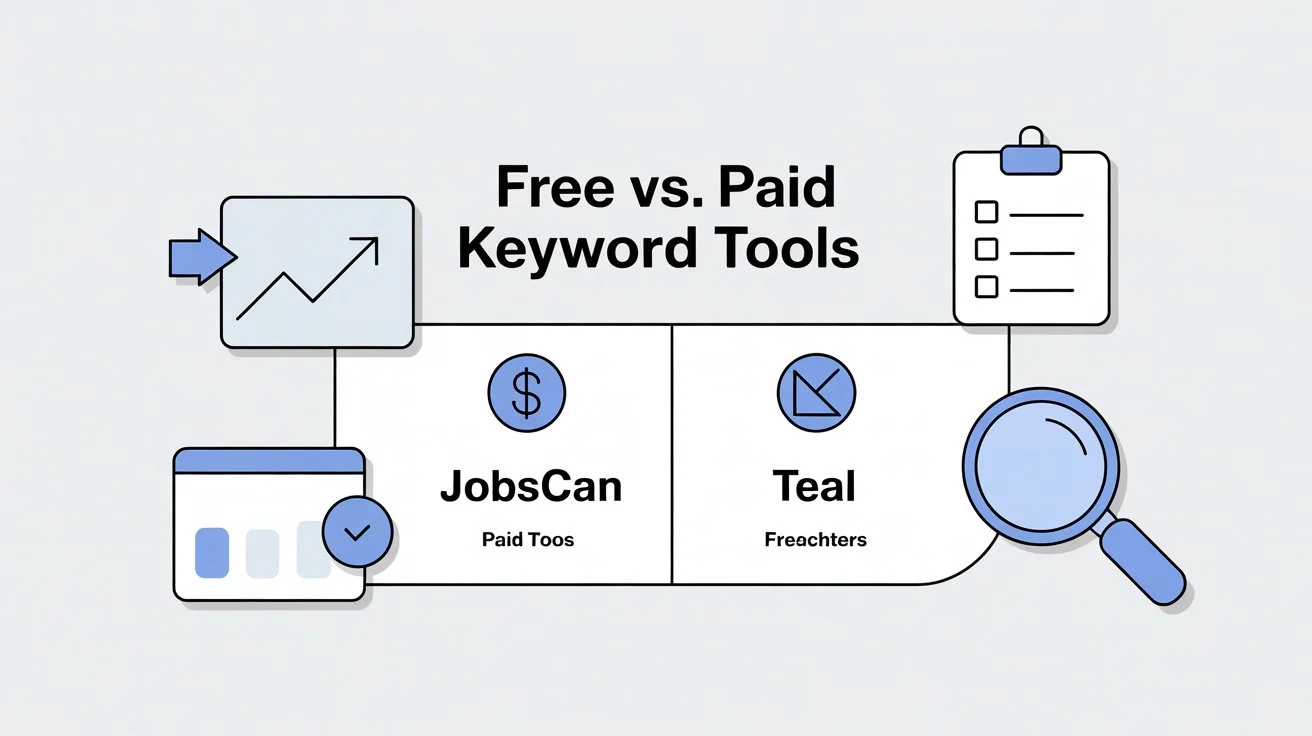Introduction

Finding the perfect job feels really hard—you keep searching, editing your resume, and hoping to get noticed. What if there was a simpler way? Enter the custom keyword finder for job search—a game-changing tool that helps you speak the language employers use. This guide breaks down how this tool works and why it’s your secret weapon for landing interviews.
You can check my previous blog: Keyword optimization by Garage2global
What is a Custom Keyword Finder for Job?
A custom keyword finder for job is a specialized tool that scans job descriptions to identify the exact words and phrases employers care about most. Unlike generic advice, it analyzes your target roles—like “digital marketing manager” or “senior software engineer”—and gives you a personalized list of keywords. These keywords become your cheat sheet for tailoring resumes and cover letters.
For example, if “Google Analytics,” “PPC campaigns,” and “ROI optimization” keep popping up in marketing job ads, the tool flags them as must-haves for your application.
Why You Absolutely Need This Tool
Job hunting without a custom keyword finder for job is like driving blind. Here’s why:
- Beats Applicant Tracking Systems (ATS): 75% of resumes get blocked by software and aren’t seen by anyone. These systems scan for specific keywords. If your resume doesn’t include the right keywords, you won’t get the job.
- Saves Time: Instead of guessing what matters, the tool does the heavy lifting. Focus on applying, not decoding job ads.
- Boosts Interview Chances: Using the right keywords proves you “get” the role. Hiring managers see your application as a perfect fit.
How a Custom Keyword Finder for Job Works (Simple Steps!)

Using this tool is as easy as 1-2-3:
- Input Your Target Job: Paste job descriptions or job titles you’re interested in.
- Scan & Analyze: The tool crunches the text and highlights high-priority keywords (skills, tools, certifications).
- Get Your Custom List: Receive a tailored report showing exactly which terms to use in your resume.
Pro Tip: Combine keywords naturally. Instead of stuffing “Python, SQL, Tableau,” write: “Improved data accuracy using Python and SQL, visualized in Tableau.”
Top Benefits You Can’t Ignore

Why does a custom keyword finder for job searches deliver results?
- Personalization: Generic words like “team player” don’t work. This tool finds niche-specific terms (e.g., “TensorFlow” for AI jobs).
- Competitive Edge: Applications with role-specific keywords are 70% more likely to get shortlisted.
- Confidence Boost: Know you’re using language employers value.
Choosing the Right Custom Keyword Finder for Job

Not all tools are created equal. Look for:
✅ Job-Specific Scans: Avoid generic keyword tools. Choose one built for careers.
✅ ATS Compatibility: Prioritizes keywords tracked by systems like Workday or Taleo.
✅ Simplicity: No tech skills needed. Clean reports > complex dashboards.
Free Options: Try Jobscan or SkillSyncer. For more features like trends, use paid tools like Teal.
Conclusion: Your Shortcut to Job Search Success
A custom keyword finder for job applications turns guesswork into strategy. By speaking the language of employers and ATS systems, you’ll stand out in crowded job markets. Stop sending generic resumes—start using personalized keywords to unlock interviews and land your dream role.
FAQs About Custom Keyword Finders for Job Search
Q1: Is this tool only for tech jobs?
Nope! It works for any field—healthcare, finance, education, or retail. Keywords matter everywhere.
Q2: How many job descriptions should I analyze?
Start with 5-10 ads for your target role. More data = sharper keywords.
Q3: Can I overuse keywords?
Yes! Keyword stuffing feels robotic. Use them naturally in context (e.g., “managed budget” vs. “budget budget budget”).
Q4: Are free keyword finders reliable?
They’re a great start, but paid tools often offer deeper analysis (like salary keywords or skill gaps).
Q5: How often should I update my keywords?
Every 3-6 months. Job trends shift fast!

